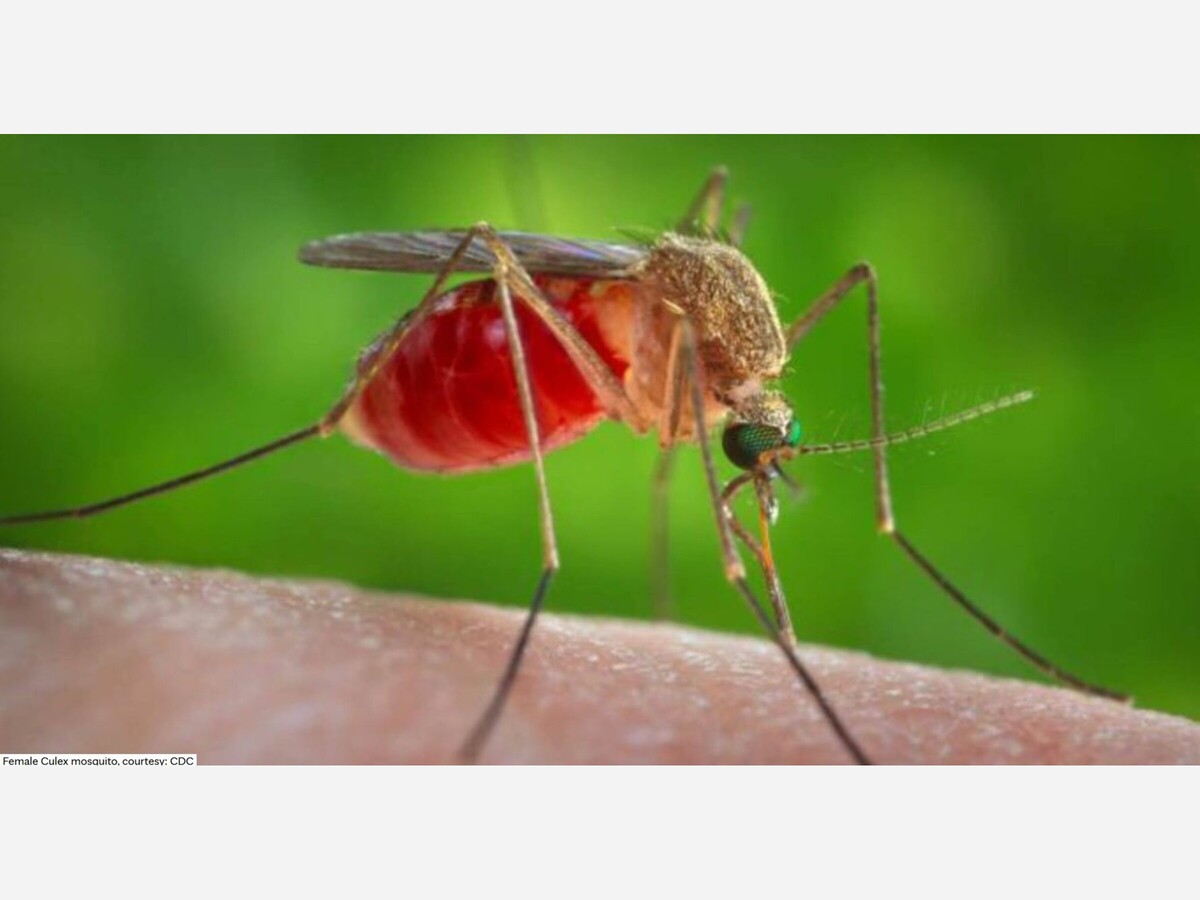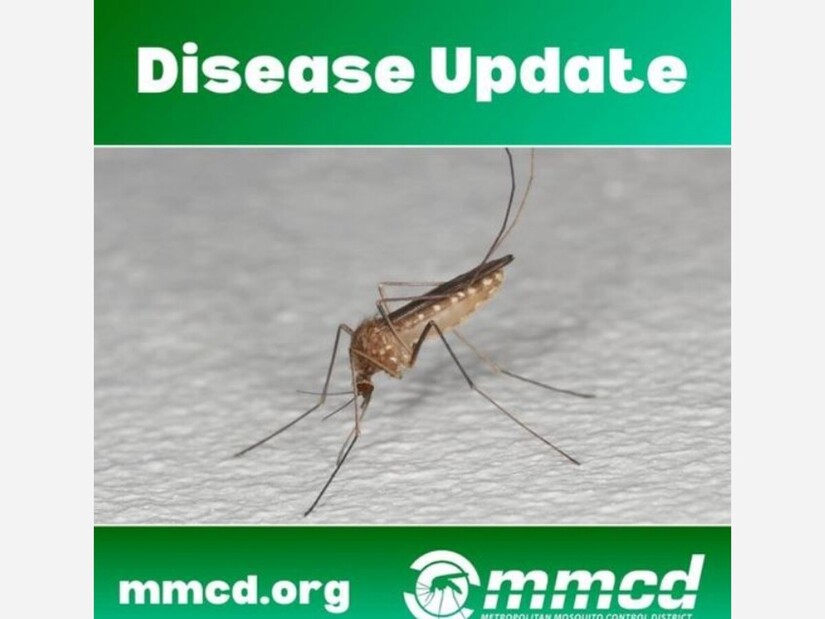Image


ST. PAUL, Minn. — Minnesota health officials confirmed that two residents have died from West Nile virus, marking the state’s first fatalities of the season as cases continue to climb.

The Minnesota Department of Health (MDH) reports 20 confirmed human infections so far in 2025. Both victims were men over age 60 — one from the Twin Cities metro and the other from western Minnesota — an age group more vulnerable to severe illness.
West Nile virus, spread primarily through mosquito bites, is the leading cause of mosquito-borne disease in the continental United States. Most infected people never develop symptoms, but about one in five experience flu-like illness including fever, headache, and fatigue. In rare cases — fewer than 1% — the virus attacks the nervous system, leading to encephalitis or meningitis, which can be fatal.
“This summer’s hot, wet conditions have created ideal breeding grounds for mosquitoes,” MDH said in a statement, noting that the increased activity has raised the risk of infection statewide.
Mild cases may cause fever, nausea, and body aches within two weeks of infection. Severe symptoms — high fever, neck stiffness, confusion, seizures, or sudden weakness — require immediate medical care. There is no specific treatment; supportive care is used to manage complications.

Health officials urge residents to take precautions:
Older adults, outdoor workers, and people with weakened immune systems should be especially vigilant.
MDH continues to track infections and work with county partners on mosquito surveillance and control. Clinicians have been asked to test patients with compatible symptoms and report cases promptly.
Nationally, the Centers for Disease Control and Prevention (CDC) stresses that West Nile virus activity varies from year to year but can surge when environmental conditions favor mosquito populations.
While most mosquito bites are harmless, the two recent deaths are a stark reminder that West Nile virus can be serious. Health officials say prevention remains the best defense.